EU Imposes Countervailing Duties on Chinese EVs: Five-Year Term Sparks Industry Upheaval
The European Commission announced the imposition of a five-year countervailing duty on electric vehicles imported from China, involving major manufacturers such as BYD, Geely, and SAIC Motor. This move is expected to lead to price increases for Chinese electric vehicles in the EU market, sparking strong opposition from the German automotive industry. Meanwhile, intensifying global competition in the electric vehicle market may trigger chain reactions, affecting the global trade environment.
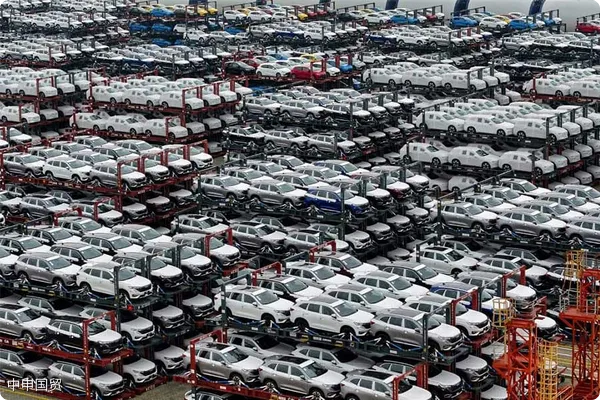
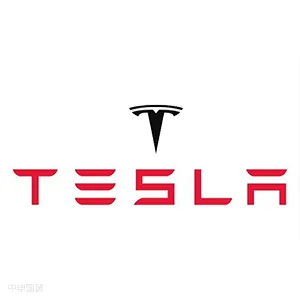
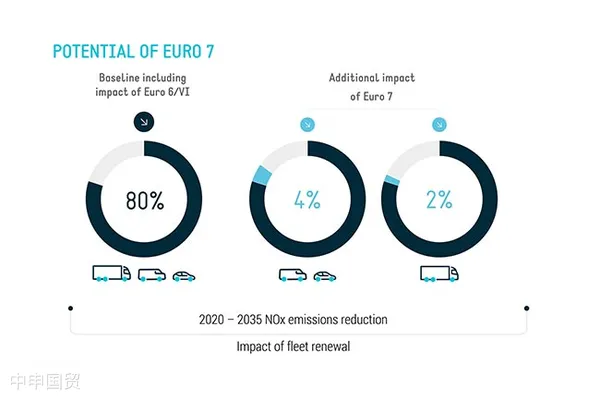
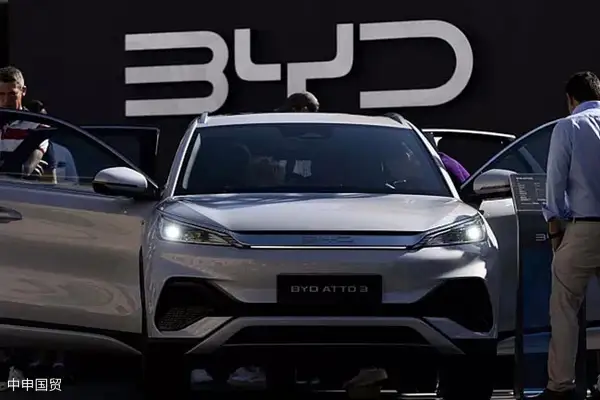
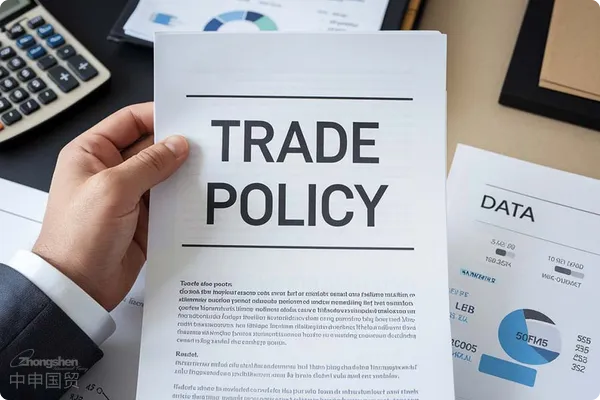
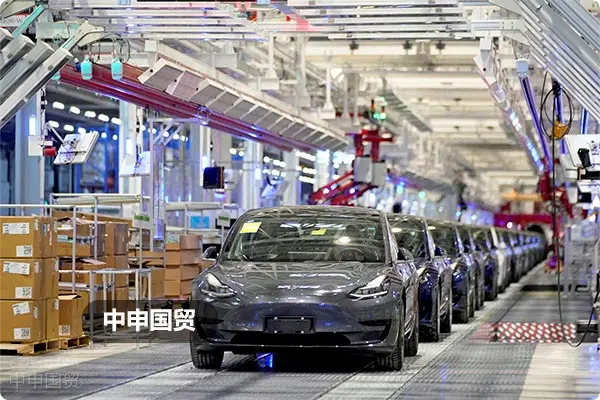
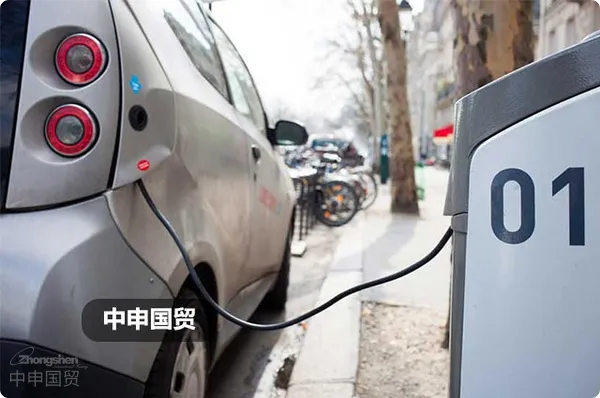
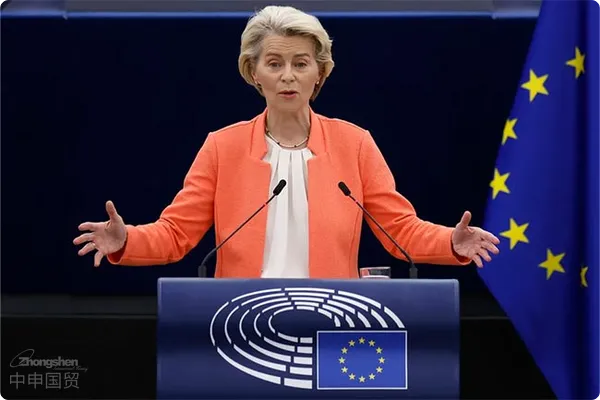
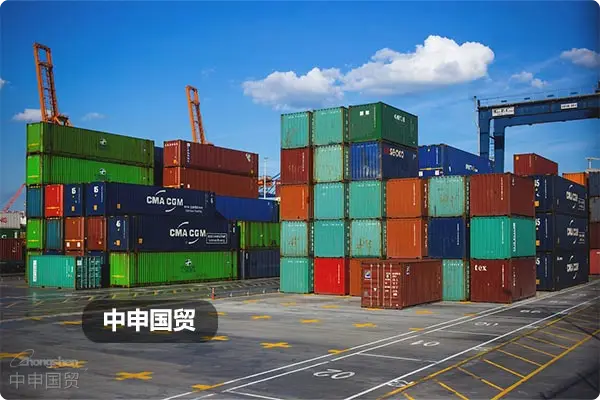
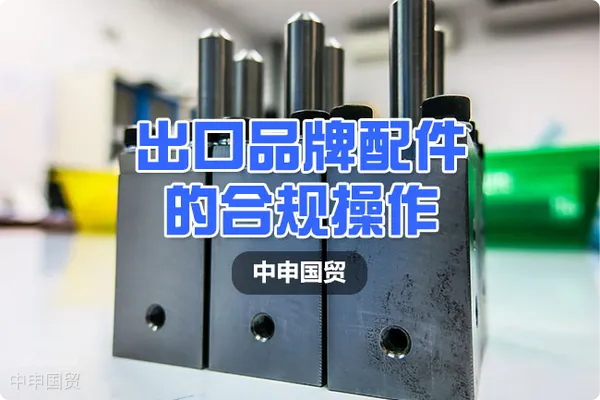

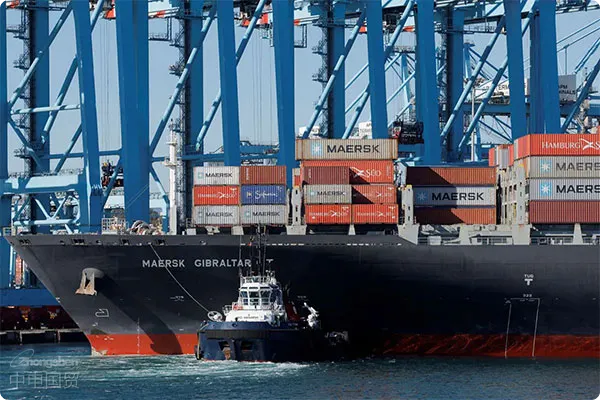
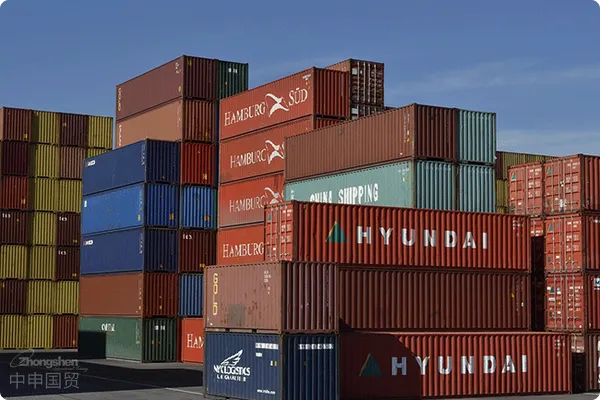

 PSB Record: Shanghai No.31011502009912
PSB Record: Shanghai No.31011502009912



